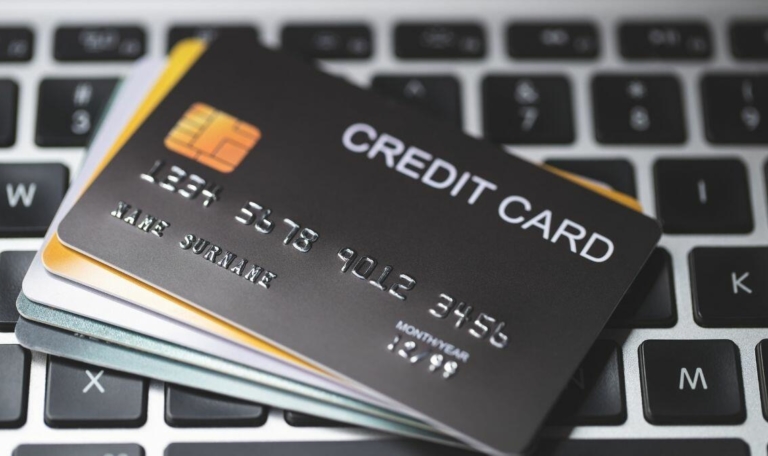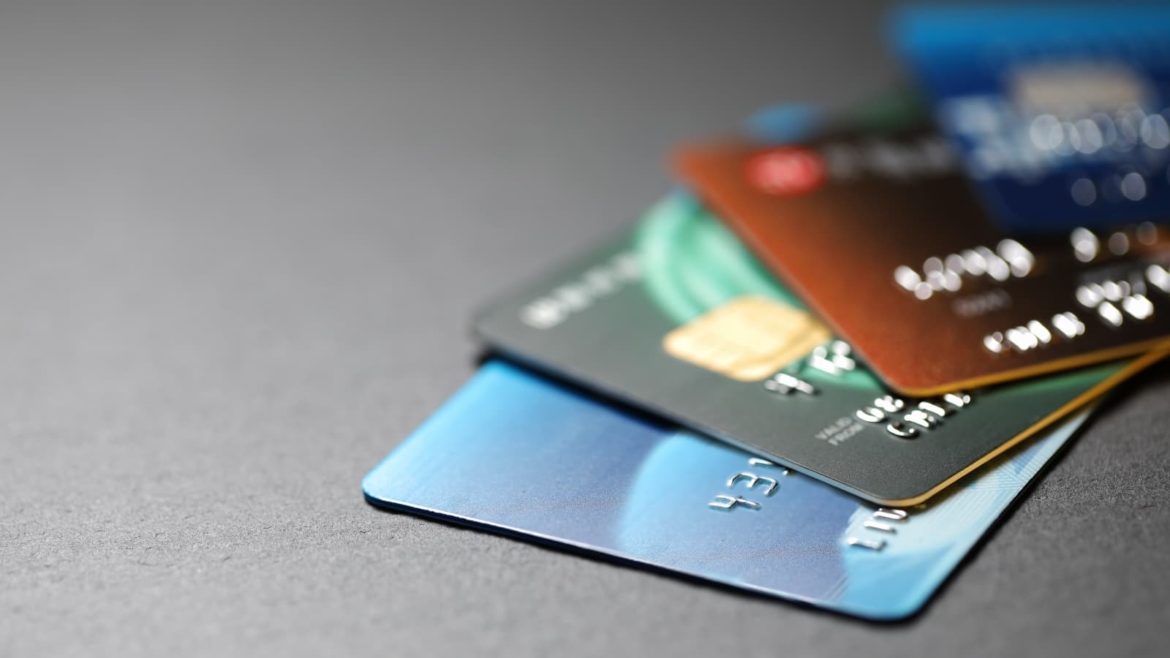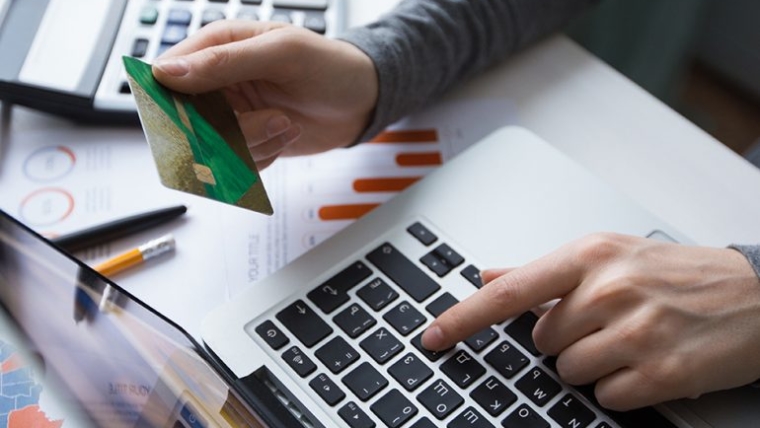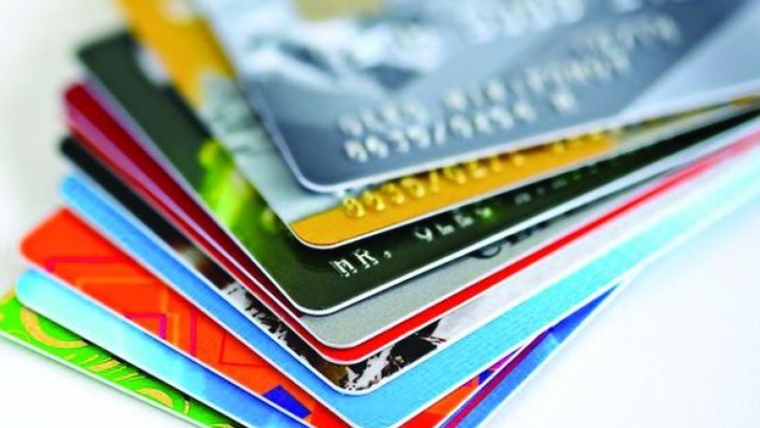You must consider your monthly expenses and charge your credit card in accordance with your ability to pay it back.
A credit card can affect your credit score from the moment you apply for one to the moment you start using it. Because a credit score essentially indicates your likelihood of repaying your loans on time. Every month, your credit card issuer reports your activity to consumer credit bureaus such as CRIF, which influences your credit score.
Credit cards can help you build your credit score, which is why many people recommend that you have one even if you don’t use it. If you have a credit score based on your loans but no credit card, your credit score may suffer.
They not only affect your credit score, but they also assist you in times of emergency and financial instability. However, if not used correctly, they can land you in even more trouble. When you are in a financial bind and intend to use your credit card, it is critical to plan ahead of time and charge cautiously.

Credit Capacity and Credit Utilization Ratio
Most credit cards have a fixed credit limit, which means that we cannot increase or decrease the limit as we go. However, some cards automatically adjust to your spending limit and increase your credit card’s available credit limits. So, if you’re using a credit card during a financial crisis, keep an eye on your credit limit.
When it comes to using up your credit card limit, your credit utilisation ratio is very important. It is best to keep your credit utilisation ratio between 30% and 40%.
However, if you choose to use your credit card during a financial crisis, you will almost certainly exhaust your credit limit, raising your profile as a risky borrower. Being identified as a risky borrower can have an impact on your creditworthiness and, as a result, your credit score.
Myths About Credit Cards
If you are not using your credit cards, you should close them: Closing a credit card may have a negative impact on your credit score. It lowers your credit limits, increasing your credit utilisation ratio. This may paint you as a credit-hungry borrower. So, if there are no maintenance fees, keep your credit cards active.
Playing your minimum credit card payment has no effect on your credit score: It is always best to pay off your credit card balance in full. Paying the minimum amount due on a regular basis may harm your credit score and increase the amount owed on your account. Each month, interest is charged even if you only pay the minimum amount due.
Avoiding Credit Card Mistakes in Times of Financial Uncertainty
Choosing the moratorium: The moratorium was made available to people who might want to postpone their credit card due clearances and loan EMIs in light of the impending pandemic. Even though this is a helpful move by the government, it may cause additional stress for the person who chose it. The moratorium put a halt to payments, but interest rates and EMIs continue to rise.
Ignoring credit card dues: While financial difficulties may prevent you from making additional credit card purchases, this does not mean you can put your outstanding dues on hold.
Prioritize your expenses: If you are dealing with financial insecurity and a cash crunch, avoid making unnecessary purchases. In fact, it is preferable to make a plan for each expenditure and stick to it. In such a case, any unplanned expenses should be avoided.



